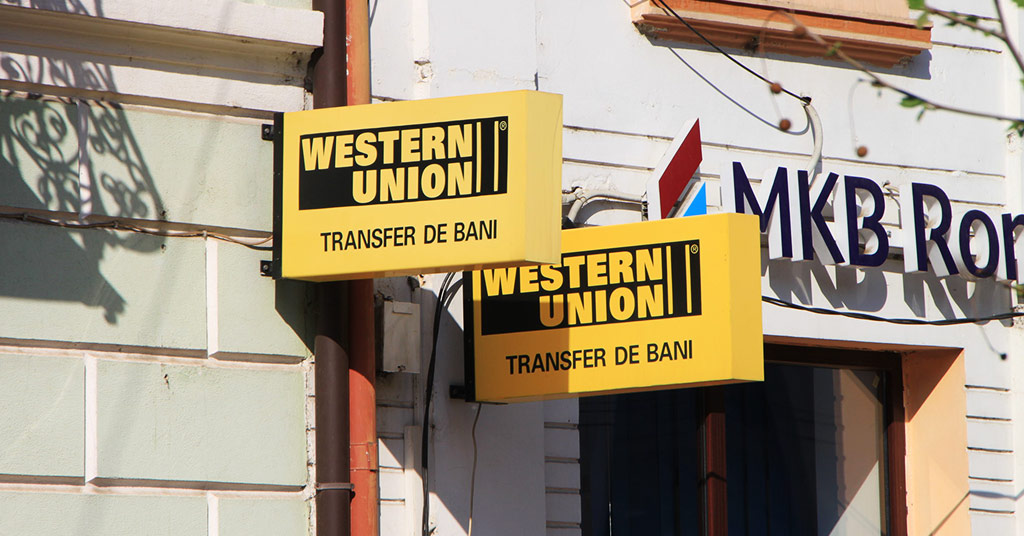Until recently Western Union practically remained the monopoly of international transfers

International money transfer services guide: Western Union. Source: flickr.com
This service doesn’t need an introduction. Its black-and-yellow logo is familiar to millions of people from every corner of the world. The financial giant has been building its global empire since the late nineteenth century. Having started with telegrams, they could adapt to technological progress and find a more profitable sphere. Until recently it practically remained the monopoly of international transfers. Can this old-timer compete with the fintech daredevils who are close at WU’s heels? Let’s see…
How Western Union works
Quick cross-border money transfers are made using an extensive computer network, the center of which is located in the United States. It operates in 200 countries of the world having around 500,000 agent locations worldwide. The digital service network is much smaller, covering only about 60 countries. The most recent online expansion took place in the Middle East and Asia.
The majority of WU transactions come through the partner network of various organizations such as banks, retailers, and foreign exchange bureaus. In the last couple of years, Western Union has also made partnerships with multiple mobile network operators and mobile wallet companies to make mobile money transfer hassle-free.
The remittance amount plus the fee incurred is charged from your debit/credit card or your bank account. This money is transferred to a Western Union account. The latter is usually located in the sender’s country. At this point, your money transfer is deposited. The Western Union branch in the receiver’s country is informed and the money transfer is ready for delivery. If requested, money transfer is further redirected to a sender’s bank account. The whole process may take from a few minutes to 4-5 business days.
The transfer fee is the full responsibility of the sender. There’s no single binding receipt address – the recipient may contact any point of the Western Union system in the receiving country.
You can send money from:
- bank account
- debit card
- credit card
- via wire transfer
- agent location (cash transfers)
It can be done:
- online
- in mobile app
- by phone by calling the Telephone Money Transfer hotline
- in person
- Pay-in-store option allows a combination. You start transaction online (in the app) and pay in cash at a physical location.
The recipient’s options are:
- cash pick-up
- bank account deposit
- mobile money transfer
Pros & Cons
➕ The most widespread network of cash-in locations.
➕ Over 100 years of business experience.
➕ Robust multichannel system.
➕ Good opportunities for unbanked citizens.
➕ Operates in 200 countries and deals with 130 different national currencies.
➖ The digital experiences are still not as convenient as cash options, accounting for only 6% of all transactions.
➖ Some fees are higher than among their competitors.
➖ Mobile money transfers are available in limited regions.
SEE ALSO:









